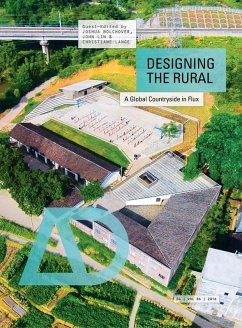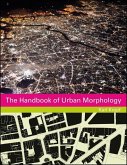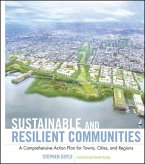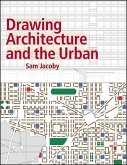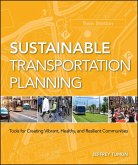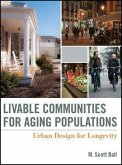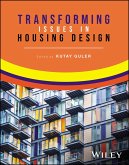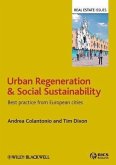The rural is not what it used to be. No longer simply a site for agricultural production for the city, the relationship between the rural and urban has become much more complex. Established categories such as rural /urban and village/city no longer hold true. Rural and urban conditions have become increasingly blurred, so how can we identify and distinguish their specific characteristics? Where is the rural, and what role does it play in an urbanised world? In developing countries the countryside is a volatile and contradictory landscape: legally designated rural areas look like dense slums; factories intersect fields and farmers no longer farm. In contrast, in developed regions, the rural has become a highly controlled landscape of production and consumption: industrialised agriculture coexists with leisure landscapes for tourism, retirement and recreation. This issue of AD investigates how architects and researchers are critically engaging with the rural as an experimental field of exploration. Contributors: Neil Brenner, Christiane Lange, Charlotte Malterre-Barthes, Sandra Parvu, Cole Roskam, Grahame Shane, Deane Simpson, and Milica Topalovic and Bas Princen Architects: Anders Abraham, Joshua Bolchover and John Lin (Rural Urban Framework), Ambra Fabi and Giovanni Piovene (Piovenefabi), Rainer Hehl, Stephan Petermann (OMA), Huang Sheng Yuan (FieldOffice), and Sandeep Virmani (Hunnarshala)
Dieser Download kann aus rechtlichen Gründen nur mit Rechnungsadresse in A, B, BG, CY, CZ, D, DK, EW, E, FIN, F, GR, HR, H, IRL, I, LT, L, LR, M, NL, PL, P, R, S, SLO, SK ausgeliefert werden.

